Preserving tradition through craftsmanship
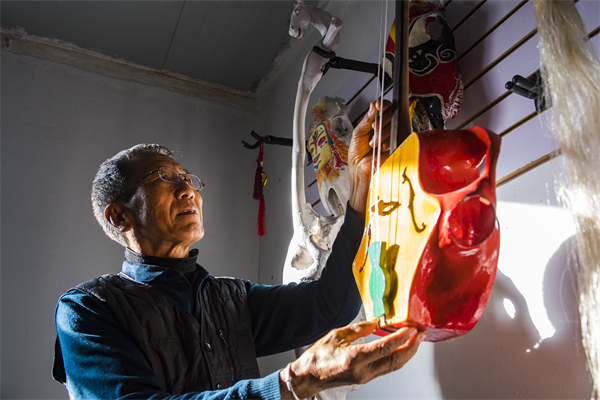
Li Kewu, an inheritor of the craft of Mongolian horsehead fiddle making [Photo/seexinjiang.com]
In the village of Yujiagong, nestled within Beiting town, Jimusaer county, resides a renowned artisan who has dedicated 15 years to the craft of Mongolian horsehead fiddle making. His name is Li Kewu, an inheritor of this intangible cultural heritage.
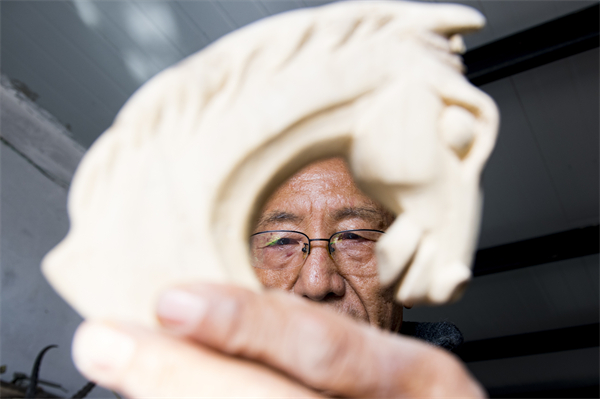
Li Kewu, an inheritor of the craft of Mongolian horsehead fiddle making [Photo/seexinjiang.com]
Li's passion for music traces back to his childhood. The turning point came during the opening ceremony of the 2008 Beijing Olympic Games, where the exhilarating composition "Wan-Ma-Ben-Teng (Ten thousand steeds gallop)" was performed with horsehead fiddle.
From that moment, Li's fascination with the horsehead fiddle blossomed, eventually inspiring him to embark on the journey of crafting these unique instruments.
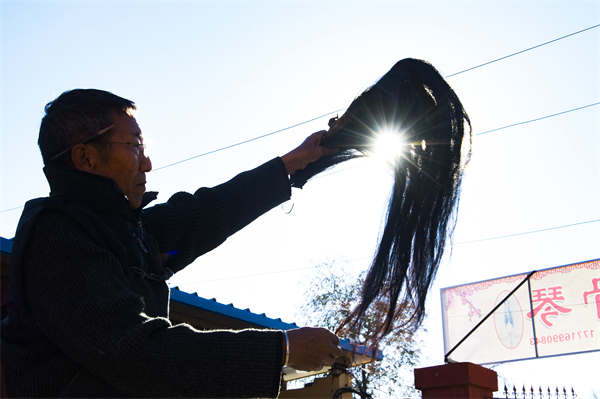
Li Kewu, an inheritor of the craft of Mongolian horsehead fiddle making [Photo/seexinjiang.com]
Over the years, Li has traversed far and wide, seeking guidance from musicians and skilled instrument makers to master the art of horsehead fiddle craftsmanship.
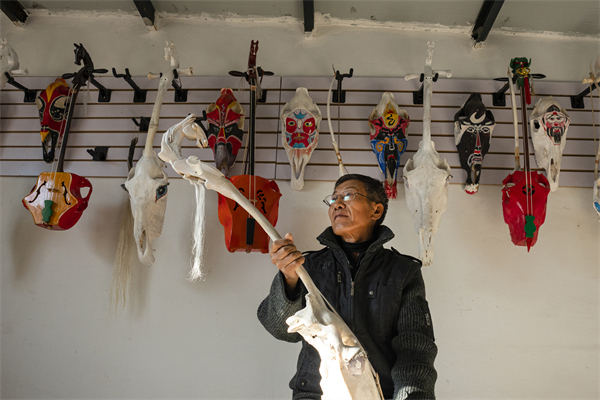
Li Kewu, an inheritor of the craft of Mongolian horsehead fiddle making [Photo/seexinjiang.com]
"From finding the materials to completing a single instrument, it takes two years," Li explained. "I aspire to introduce the beauty of the horsehead fiddle to more people, allowing this exceptional traditional culture to find a place in the hearts of many."
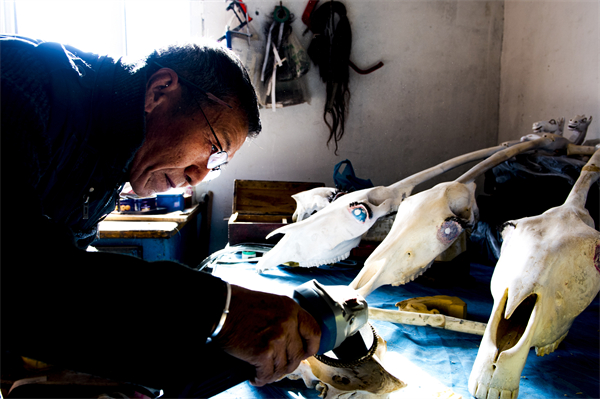
Li Kewu, an inheritor of the craft of Mongolian horsehead fiddle making [Photo/seexinjiang.com]
His dedication serves as a testament to the enduring allure of traditional Mongolian music, and his commitment to preserving and sharing this cultural heritage is a melody that echoes through time.
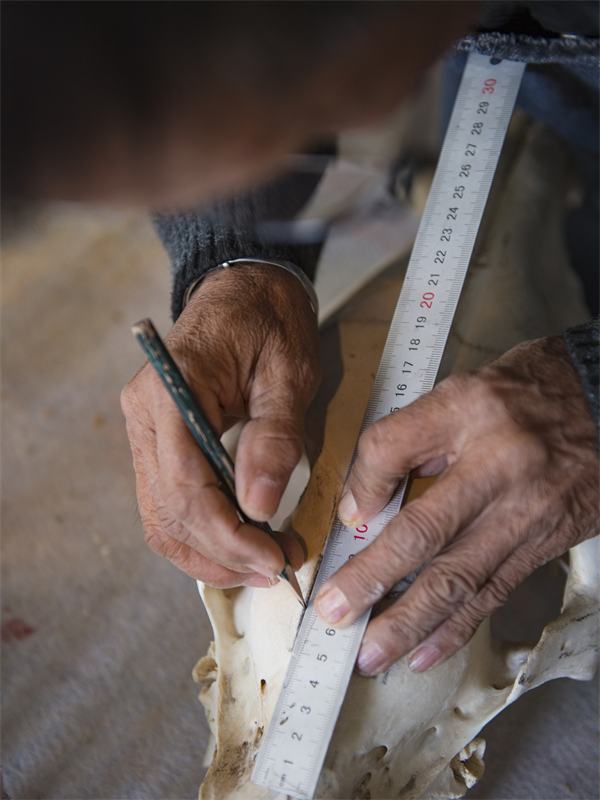
Li Kewu, an inheritor of the craft of Mongolian horsehead fiddle making [Photo/seexinjiang.com]
 Attractions
Attractions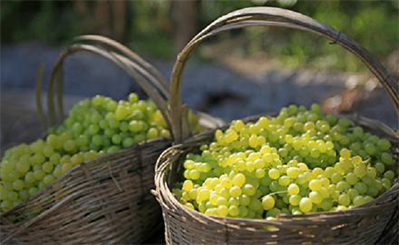 Dining
Dining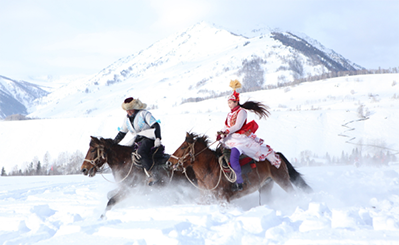 Culture
Culture